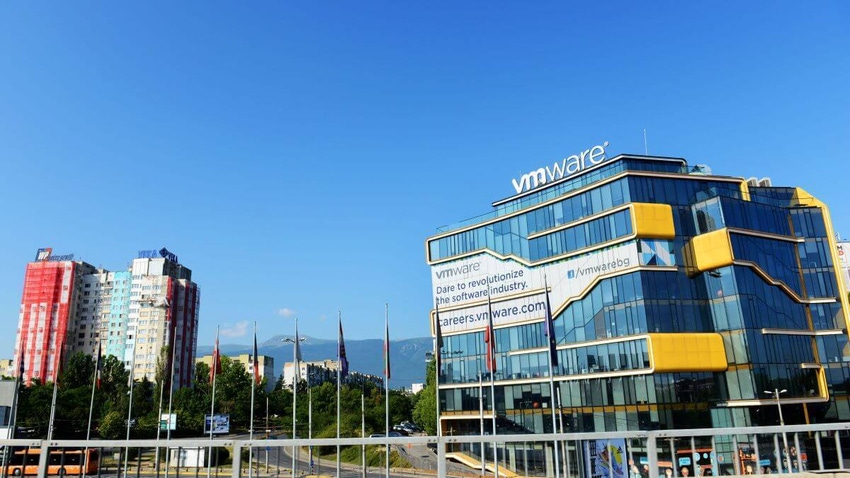EU okays $61B VMware purchase after Broadcom concessions
The European Commission concluded its probe of Broadcom's $61 billion acquisition of VMware after the chipmaker committed to measures safeguarding competition.

The European Commission (EC) has approved chipmaker Broadcom's $61 billion proposed acquisition of cloud computing specialist VMware, having concluded an in-depth market investigation launched in December last year. The approval comes after Broadcom committed to measures that should prevent it from leveraging its ownership of VMware to thwart competition.
The deal, which is expected to be one of the biggest acquisitions of all time in the technology sector, was announced in May last year. As Light Reading wrote then, it is of interest to the telecommunications sector for a number of reasons.
VMware has established itself as an active player in the cloud-native space, allowing operators to run software applications in the cloud. It provides companies with a platform for hosting and managing IT and network resources in both private and public clouds and has established relationships with all the main public cloud providers. As a result, it can act as an abstraction layer for companies hoping to avoid tying themselves to a single platform. Broadcom, meanwhile, is a key supplier of core chips for modems and other equipment.
VMware was previously owned by Dell, which bought its then-parent company EMC for $67 billion in 2015. The cloud firm was, however, set free by Dell in a spin-off completed in November last year.
EU's main concern regarding Broadcom's purchase of VMWare was that the chipmaker could restrict competition in the market for hardware components that interoperate with VMware's software. These include network interface cards (NICs), fiber channel host-bus adapters (FC HBAs) and storage adapters, all of which play a role in connecting servers to storage or to a network.
Commitments to competition
The probe concluded that the deal would grant Broadcom "the ability and incentive to foreclose Marvell, the only rival on the market for the supply of FC HBAs, by restricting or degrading the interoperability between VMware's server virtualization software and Marvell's hardware." Broadcom has agreed to a set of remedies to address the EU's concerns.
As a result, Marvell should be given access to interoperability APIs, alongside materials, tools and technical support needed to develop and certify third-party FC HBAs. In addition, Broadcom will make available the source code for all its present and future FC HBA drivers through an "irrevocable open license," and committed to establishing an organizational separation between its FC HBAs team and the team in charge of third-party certification and technical support.
Other concerns raised at the onset of the probe, including fears that Broadcom could start bundling VMware's virtualization software with its own software, have been dismissed. The EC also ruled that Broadcom has no strong position in the storage adapter and NIC market and will still face competition from rival suppliers.
As a result, the EC concluded the deal no longer raises competition concerns. The EU's executive arm is, however, not the only one to have raised these concerns – the US Federal Trade Commission is also investigating the deal and a probe by the UK's Competition and Markets Authority (CMA) is due to produce its final report in August.
Related posts:
— Tereza Krásová, Associate Editor, Light Reading
Read more about:
EuropeAbout the Author(s)
You May Also Like




_International_Software_Products.jpeg?width=300&auto=webp&quality=80&disable=upscale)







